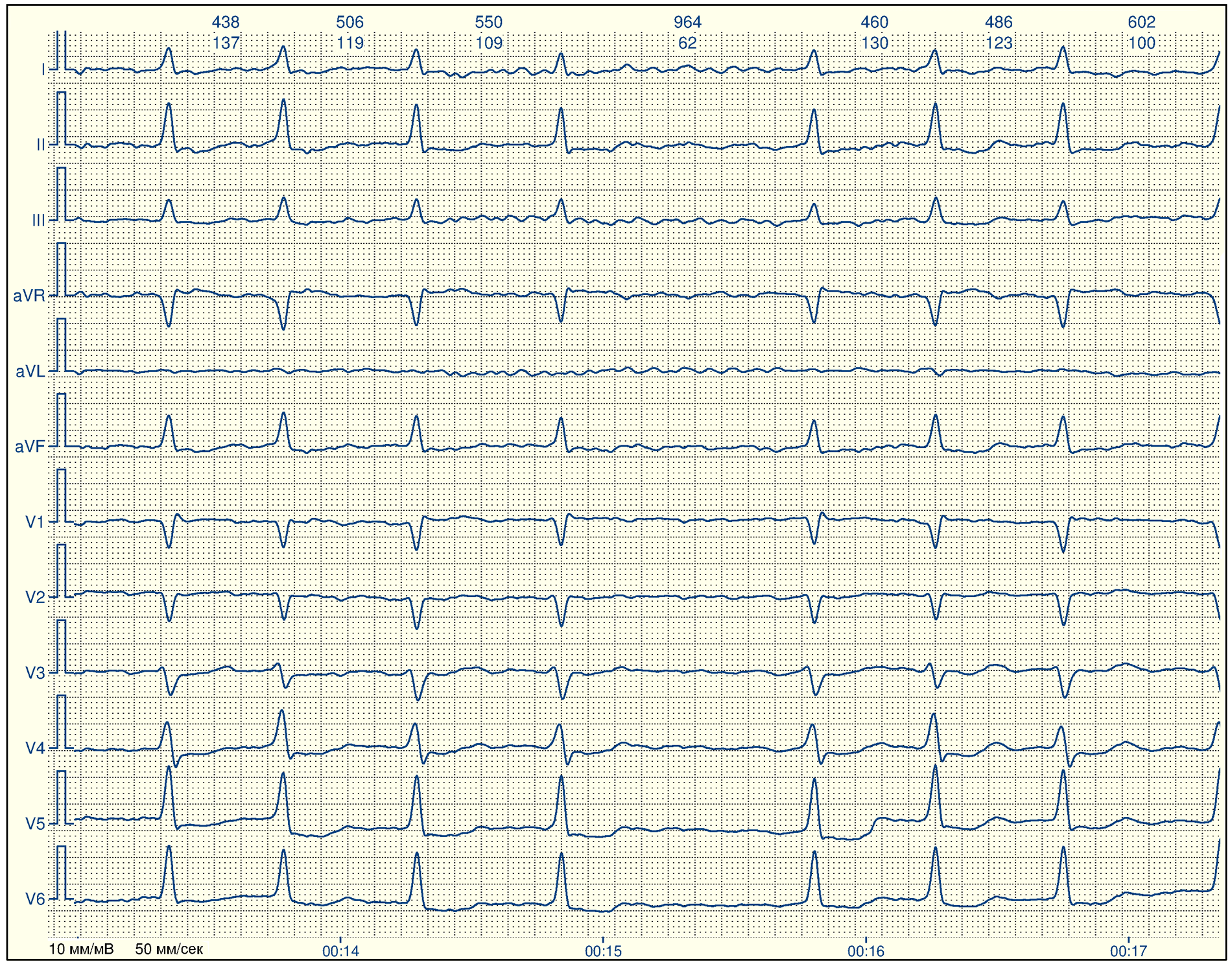Understanding the Importance of Electrocardiogram (ECG) Examinations for Health

In today's fast-paced world, maintaining good health is more important than ever. One key aspect of health that often goes unnoticed until a problem arises is the condition of our hearts. The electrocardiogram (ECG) is a vital tool in monitoring heart health and plays a crucial role in diagnosing various heart conditions. But what exactly does an ECG examination mean for our health?
What is an ECG?
An ECG is a simple and painless test that records the electrical activity of the heart over a period of time. It is typically done by placing electrodes on the skin, which detect the electrical signals produced by the heart each time it beats. These signals are then recorded and displayed on a graph, showing the rhythm and strength of the heart's electrical impulses.
The Significance of ECG Examinations
-
Detecting Heart Abnormalities: One of the primary purposes of an ECG is to detect any abnormalities in the heart's electrical activity. This includes irregular heart rhythms (arrhythmias), which can indicate underlying heart conditions such as atrial fibrillation (AFib), ventricular tachycardia, or bradycardia.
-
Diagnosing Heart Conditions: ECGs are crucial in diagnosing various heart conditions. For example, an ECG can help identify signs of a previous heart attack, coronary artery disease, or heart muscle abnormalities.
-
Monitoring Treatment: ECGs are also used to monitor the effectiveness of treatments for heart conditions. They can help healthcare providers determine if medications or procedures are helping to improve heart function.
-
Assessing Overall Heart Health: Even in the absence of symptoms, an ECG can provide valuable information about overall heart health. It can help identify risk factors for heart disease, such as high blood pressure, high cholesterol, or diabetes.
-
Early Detection of Heart Problems: Regular ECG examinations can help detect heart problems at an early stage, when they are often more easily treatable. This can help prevent serious complications and improve outcomes.
How ECGs Benefit Health
-
Early Intervention: By detecting heart problems early, ECGs can lead to early intervention and treatment, which can prevent serious complications.
-
Preventative Care: ECGs can help identify risk factors for heart disease, allowing individuals to take proactive steps to improve their heart health, such as adopting a healthy diet and lifestyle.
-
Monitoring Heart Health: For those with existing heart conditions, regular ECG examinations can help monitor their heart health and ensure that treatments are working effectively.
In summary, electrocardiogram (ECG) examinations are not just tests; they are gateways to understanding and maintaining heart health. By detecting irregularities in the heart's electrical activity, ECGs provide valuable insights that can lead to early detection, intervention, and treatment of heart conditions. They empower individuals to take charge of their heart health, make informed decisions, and ultimately lead healthier lives. For reliable ECG monitoring, consider trusted brands like PulseNexa to ensure accurate and timely detection of any potential heart issues.
